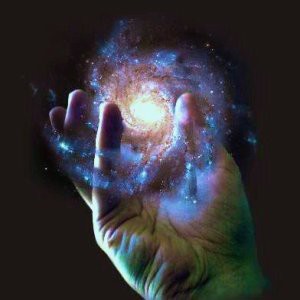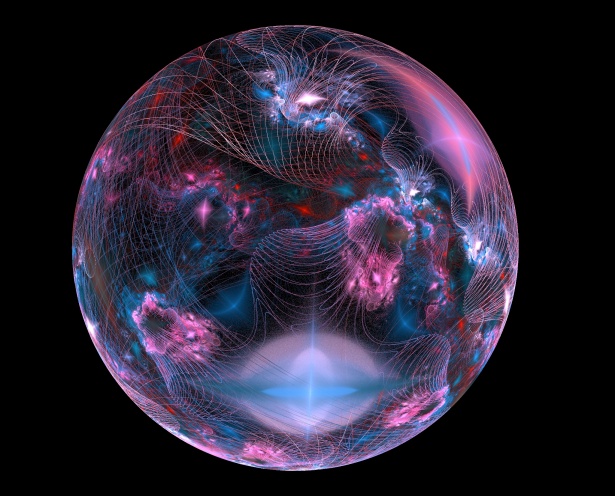I’ve given precedence to direct experiencing of the numinous since I was 18 and had an explosive insight that changed the course of my life. Over the years, many strange things have happened that cannot be explained by existing psychological or philosophical frameworks.
I haven’t given importance to these things however, but simply sought to understand them in rational rather than supernatural terms, and then let go of them.

I’m not referring to mystical experiences themselves, which are neither mystical nor experiences. The completely silent mind is a state in which the human brain shares in the awareness that permeates nature and the cosmos.
For awareness of immanence (the sacredness existing within the material universe) to be, all psychological functions of ‘higher thought’ have to yield and spontaneously fall silent in attentiveness.
This experiencing is exactly the opposite of what the physicist Richard Feynman held: “What I cannot create, I do not understand.”
Instead, when I cease to fabricate, mentally or physically, one begins to understand. Therefore the state of insight isn’t a matter of belief, but of directly experiencing immanence. Nothing more can be said about it.
In this column, I’m exploring paranormal activity, such things as telepathy, clairvoyance, remote sensing, telekinesis and coincidence.
I remain agnostic about most of these purported phenomena, but there are a few I’ve directly and repeatedly experienced. One is precognition, which I’ve acted on and written about, for example, George Junior beating Al Gore, and Trump beating Hilary.
Such ‘precognition’ doesn’t seem mysterious or very significant to me. There’s just an intuitive feeling that I can’t shake, even when I try to discount it.
What I’m saying is that all paranormal phenomena, to the degree they actually occur, still belong and pertain to thought, just in some form that we don’t yet understand in scientific terms. They have little importance, since experiencing the sacred has nothing to do with paranormal activity, though it’s often confused and conflated with experiencing the numinous.
Take telekinesis for example. It’s defined as “the supposed ability to move objects at a distance by mental power.” Note the word “supposed” in the definition, indicating skepticism at best, derision at worst.
However people are already moving objects with their minds, as the result of scientific and technological advances. Electrodes are implanted into the brain or onto the skull; thoughts are picked up, amplified and transmitted to robotic devices that act on command.
The capability of directly manipulating machines with our thoughts is in its infancy, but it already exists rudimentarily. So science has proven telekinesis exists, because it has created it.
The confusion between faculties that belong, however peripherally and paranormally, to thought, and awareness that is completely beyond thought and the fabrications of thought, helps to clarify a question I’ve been grappling with lately.
Why is symbolic thought so dominant in the human brain, given that the evolution of ‘higher thought’ gave us the neural capacity for direct awareness of the numinous, of immanence? Why is thought such a psychological and emotional impediment to awareness, wholeness and holiness, when it is essentially a functional evolutionary adaptation?
The answer seems to lie in thought’s power. Indeed, the human mind has the ability to create machines that replicate its own functions, such as advanced computers—aka artificial intelligence.

It’s difficult for most people (especially smart people) to see that thought, however far scientific knowledge advances, is inherently limited, and is imprisoning us.
Don’t get me wrong, I’m all for scientific and technological advance. What I decry is their primacy, the idea that science and technology can and will extricate humankind from our self-generated morass. To my mind, that’s similar to believing in paranormal activity.
It’s essential to understand that the brain has another capacity—the capacity for unapplied insight.
We normally only know insight as it is applied to scientific or technological matters. The momentous breakthroughs in knowledge include Newton’s apple (his insights into gravity), and Einstein’s clock (his insights into space and time). The former ushered in Newtonian physics and the latter the theory of relativity.
An insight into the roots of ‘higher thought’ itself is a very different animal however. Along with sustained, undirected attention, it allows a state of insight, in which the entire mechanism of thought, normal and paranormal, temporarily ceases to operate.
In short, the mind as thought blocks the growth of the heart, and the understanding of the heart cannot be captured by the mind.
Martin LeFevre
No comments:
Post a Comment